- Inmates escape from Kyaukphyu Prison amid heightened security
- Arakan farmers struggle as paddy market collapses, debts mount
- The Rohingya Crisis Is No Longer Only About Myanmar
- UEC announces 1,025 MPs elected in 2025 general elections
- Junta tightens travel restrictions on Arakanese people in mainland Myanmar
Rural Arakan State suffers economic costs of military coup
Economic, social and educational conditions have deteriorated since Myanmar’s military coup on February 1, 2021, and rural people in Arakan State have been hit particularly hard by rising commodity prices and a lack of job opportunities.
05 Feb 2022
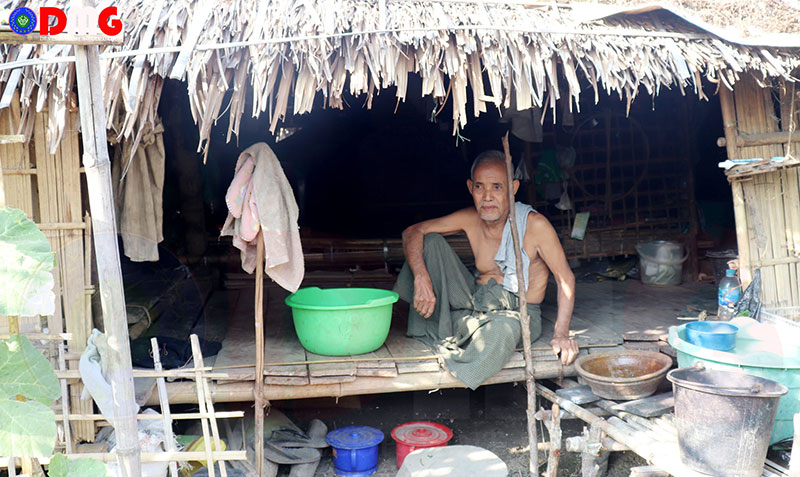
DMG Newsroom
5 February 2022, Sittwe
Economic, social and educational conditions have deteriorated since Myanmar’s military coup on February 1, 2021, and rural people in Arakan State have been hit particularly hard by rising commodity prices and a lack of job opportunities.
There has not been the same level of widespread opposition to the coup in Arakan State, with the region proving to be a relative pocket of stability in a nation riven by protests and armed opposition to Myanmar’s military regime. But the people of Arakan State have not been spared the economic fallout from the political turmoil.
High prices of basic foodstuffs and other consumer goods, and a historic contraction of the economy have brought added financial pain and joblessness to rural Arakan State, which villagers say had been a tough environment in which to make ends meet even prior to the coup. There are 3,742 villages across Arakan State’s 17 townships.
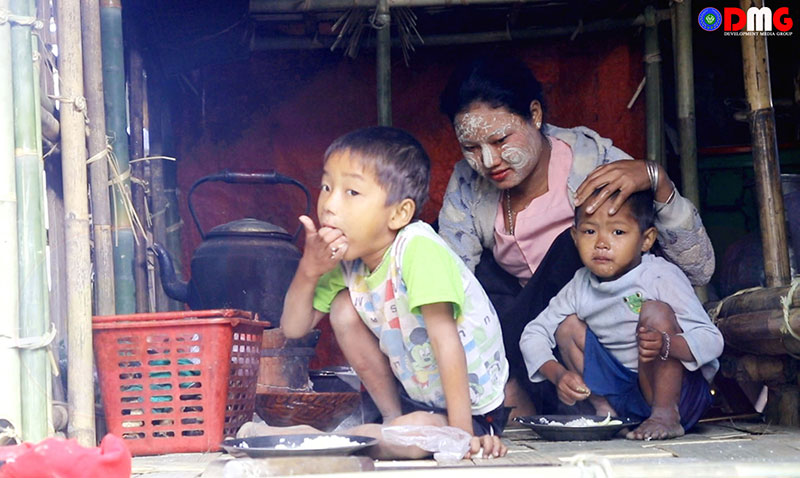
Ko Kyaw Thu Htay, a resident of Hsinthae village in Ponnagyun Township, told DMG: “The village has always been remote and difficult to access by road. The cost of buying groceries has risen. Commodities [pre-coup] were sold at higher prices, but things got worse after the military coup. With commodity prices going up, we pay K150 for a product that used to cost K50 in the past.”
Ko Kyaw Thu Htay added that Hsinthae village residents are mainly engaged in farming and have low incomes that are subject to market conditions and the growing seasons’ weather.
Arakan State is the second poorest region in Myanmar and job opportunities are scarce, with many rural people leaving for mainland Myanmar and abroad to seek a better life. After the coup, the closure of factories and instability in urban centres such as Yangon and Mandalay forced many migrant workers to return to their Arakan State homeland.
However, unemployment continues to plague job-seekers in Arakan State, with many looking for full-time work but having to settle for part-time or inconsistent daily wage gigs.
“I am struggling to make ends meet,” said Daw Aye Aye Lwin, a resident of Cedipyin village in Buthidaung Township. “We earn a living by selling bamboo. Previously, I made a living by selling firewood and charcoal, earning roughly K500,000 per month. Since the military coup, I have been facing various hardships and my daily income is around K10,000. I am planning to go abroad due to economic difficulties.”
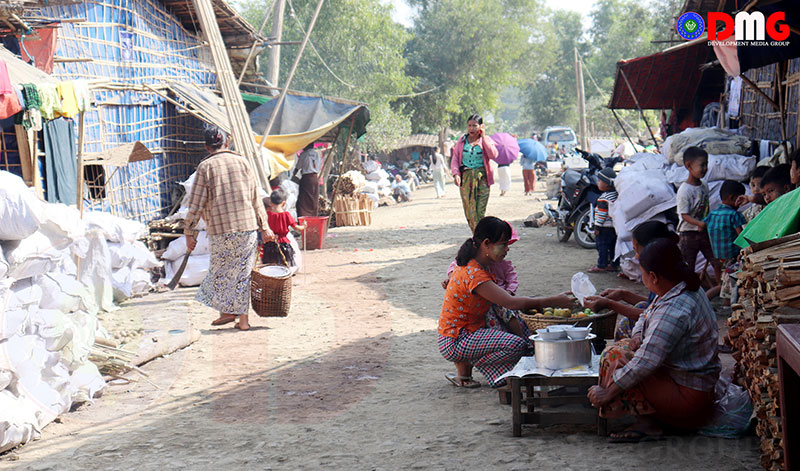
Fuel and other basic goods are also being sold at higher prices in the post-coup period, Daw Ma Htay Shwe, a grocery owner in Fadu village, Pauktaw Township, told DMG.
“In the past, the shop used to make K50,000 a day. This year, it is selling only K20,000 a day,” she added. “When the price of fuel went up, there was no profit from selling fuel in my shop. Daily expenses for my family are around K15,000, so it is difficult to earn a living.”




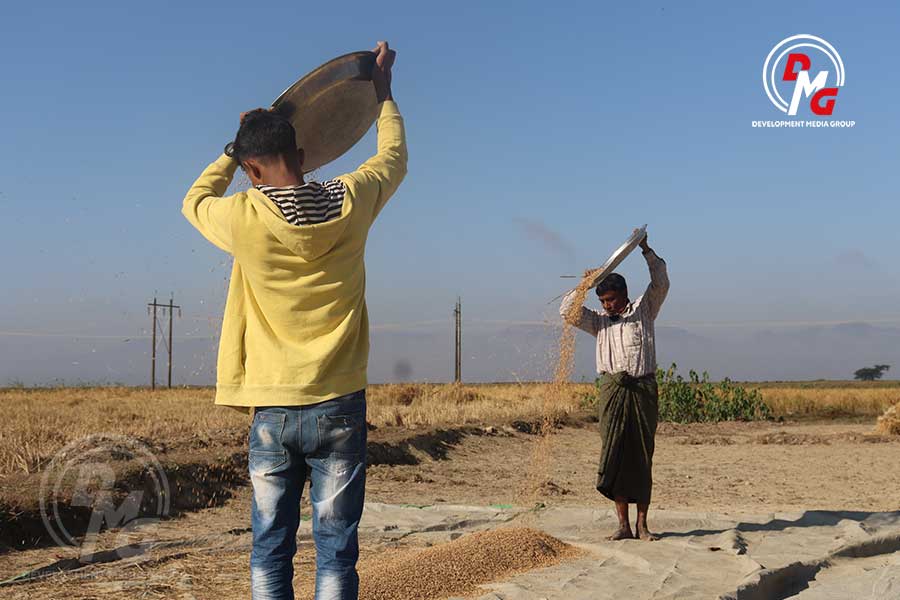
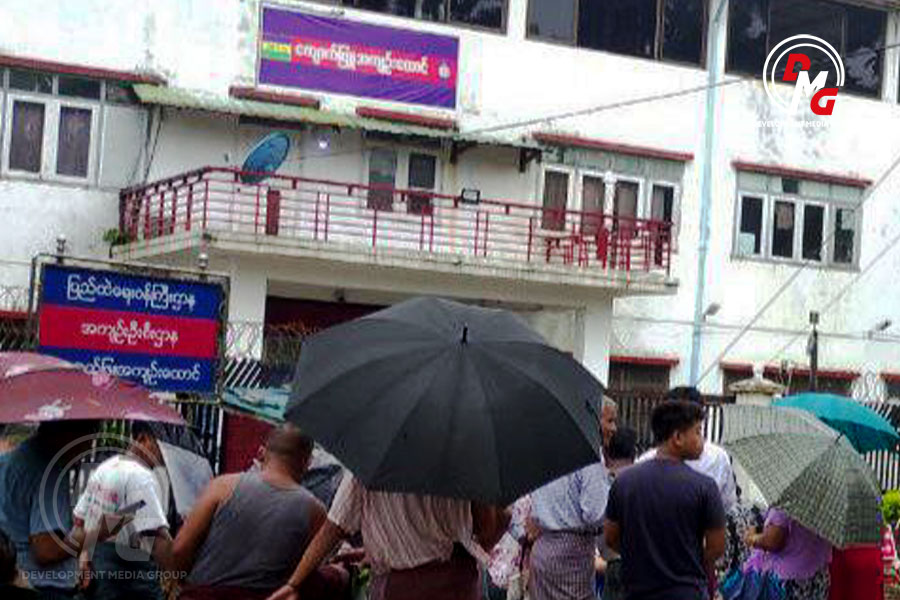
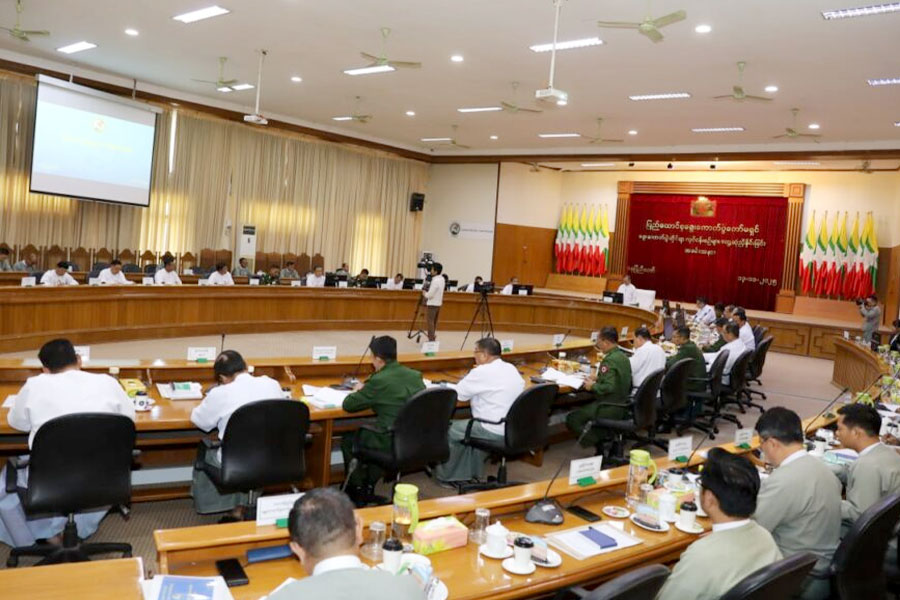
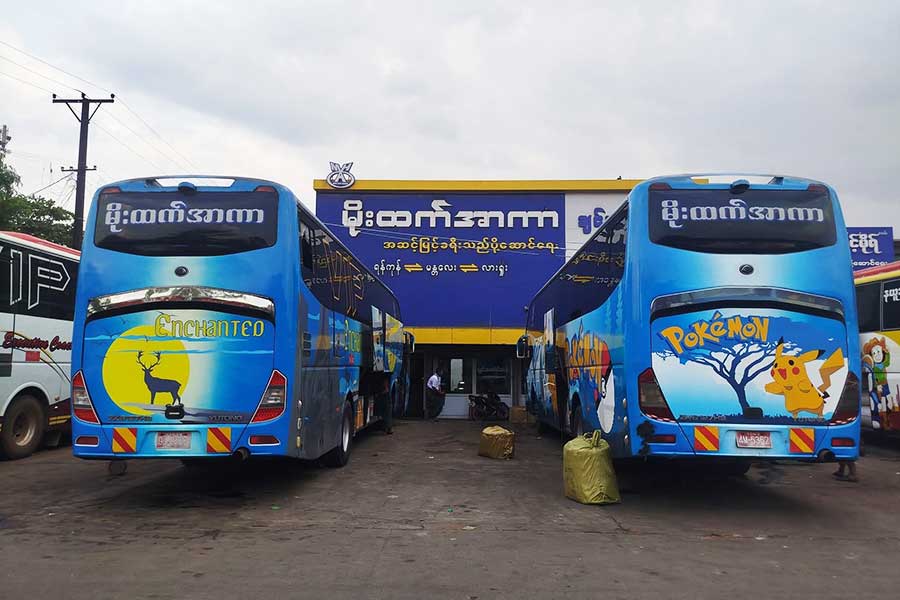
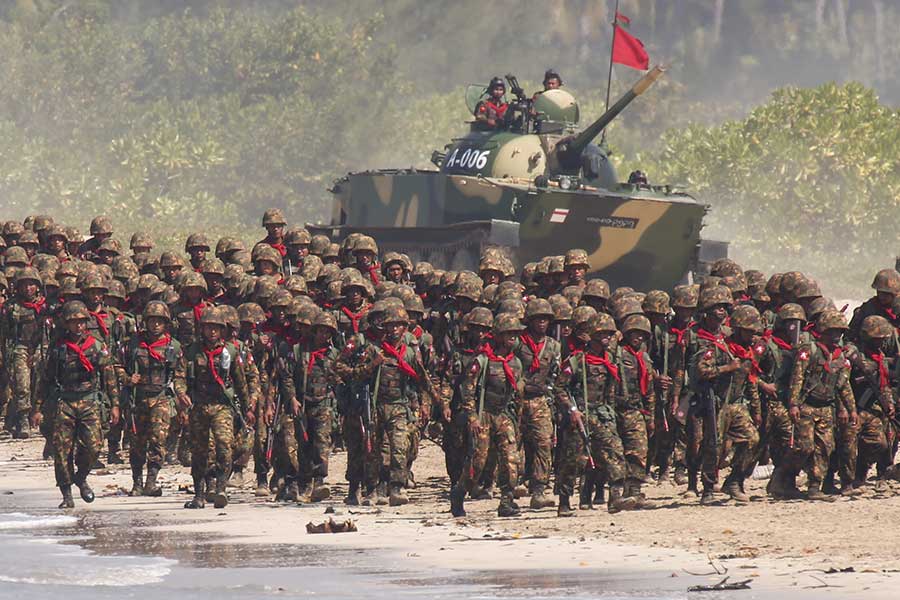







.jpg)
